Meet Our Twelve 3MT Participants for 2022!
Hanneke Siebe – Science & Engineering
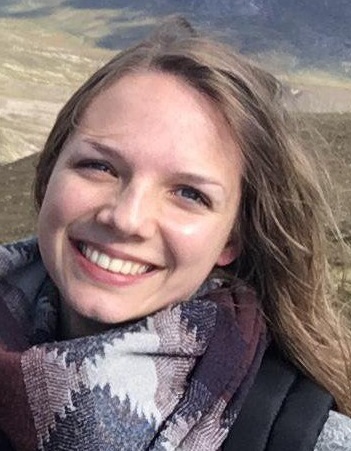
Hanneke was born in Groningen (The Netherlands) in 1995. She finished her BSc (2016) and MSc (2018) in Chemistry at the University of Groningen and carried out research in the group of prof. Steven Bell at Queen’s University Belfast on a new method to detect toxic chemicals in water. At the moment, she is a PhD student in the group of prof. Wesley Browne and works on the development of a new type of paint made from plant-based materials, in collaboration with AkzoNobel and the ARC- CBBC consortium.
In her free time she enjoys following modern dance and ballet classes and online tutorials on 3D modelling.
Denise Blom – Medical Sciences
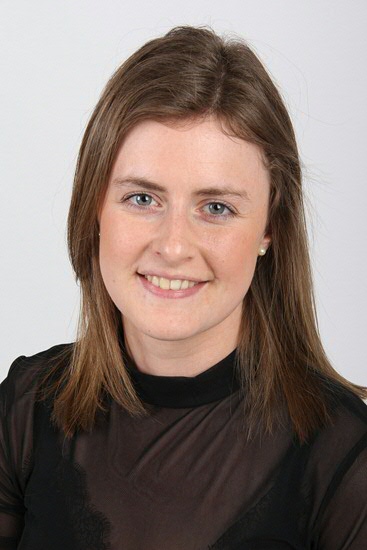
Denise Blom is in the 3 rd year of her PhD project. She loves doing theoretically and clinically relevant research in Health Psychology and performing advanced statistical analyses.
With this PhD project she gets the best of both worlds! Besides doing research, Denise loves to ride her motorcycle. It clears the mind and she loves the feeling of freedom and the adrenaline rush. During the winter, she likes to play piano and sing in her free time.
Denise’s PhD project focuses on positive changes people may perceive during the COVID-19 pandemic in the Netherlands. The pandemic is a burden to all of us; working from home, uncertainty regarding infection, social distancing, and so on. Apart from negative psychological outcomes, such as depressive symptoms, people may also perceive positive changes during or after experiencing a stressful event, defined as post-traumatic growth (PTG). Maybe you recognize any of these positive changes; you may feel a deeper connection with your loved ones or experience a greater appreciation of life. As a lot is still unknown regarding PTG, Denise aims to gain a deeper understanding of PTG and the association of PTG with well-being during her PhD. Thus, her 3-minute pitch will focus on the question: if it doesn’t kill you, does it make you more positive?
Valentina Lozano Nasi - Psychology
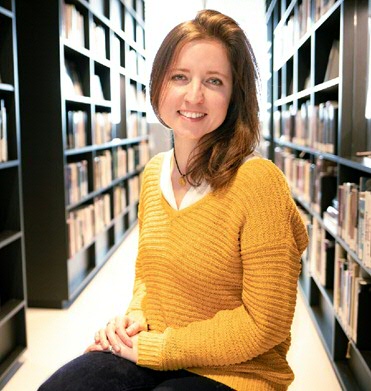
Valentina is quite into mixes. Her background is a mix of Psychology and Philosophy. Additionally, she has a mix of Colombian and Italian blood, which makes her a big fan of both dancing and food (the eating more so than the cooking).
In 2018 Valentina moved to Groningen to do a Master in Environmental Psychology, as she was deeply interested in such an innovative field. This led her to the decision of pursuing a PhD, working on a project about the Psychology of Climate change Adaptation. Valentina has always been fascinated by how humans can not only adapt, but also evolve in the face of adversities. She is trying to investigate whether and how this applies to the adversity of climate change.
Her free time mixes dancing (particularly Lindy Hop and Solo Jazz), getting delighted by good food, exercising, practicing Dutch, reading, traveling (when allowed), and of course a dash of “il dolce far niente” (an Italian expression which roughly translates into ‘enjoying the essence of doing nothing’).
Marcel Eleveld – Science and Engineering
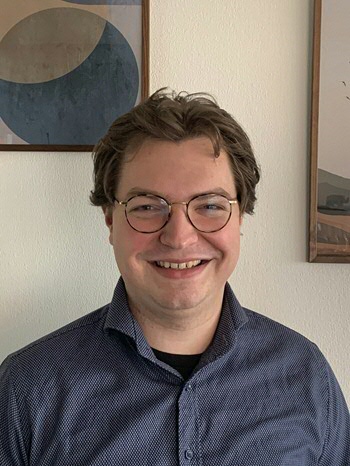
Marcel was born in 1993 in Voorburg in The Netherlands. After secondary school in The Hague, he moved to Groningen for his Bachelor in chemistry and chemical engineering, after which he continued with a Masters in Nanoscience. In his Masters ,Marcel did his final research project in the group of Prof. Sijbren Otto, who tries to make artificial life using building blocks that can spontaneously create molecules that can make copies of themselves (self-replicators). During that time Marcel became intrigued by the study of the origins of life and the synthesis of de-novo life (new life) and decided to continue his research as a PhD candidate.
Life as we know it is bewilderingly complex and contains a very large amount of information (contained in DNA). In his PhD Marcel tries to incorporate more information in our self-replicators by using multiple different building blocks. The challenge here lies in the fact that he can’t just build a replicator from its building blocks, instead he needs to design these building blocks in such a way that they will spontaneously organize themselves to create information-rich self-replicators.
Besides conducting scientific research, Marcel is also passionate about communicating science. Not only is it very satisfying to spread your knowledge, having to explain your research to people that are not experts in the field forces you to focus and think about what the essential parts of your research are.
Monika Oktora – Medical Sciences
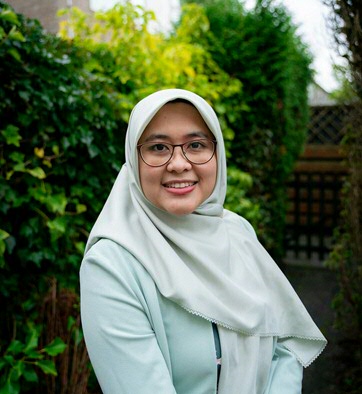
Monika was born in Padang, Indonesia. She completed her Bachelor’s degree (2010) and pharmacist professional degree (2011) from School of Pharmacy, Institut Teknologi Bandung, Indonesia. After graduating, she once worked as pharmacist at National Agency of Drug and Food Control (NADFC), Jakarta. Then she continued her career as pharmacist at the primary care clinic in Bandung. In 2014, she received a scholarship to pursue a master degree in Medical Pharmaceutical Sciences, University of Groningen. During her Master program, she took a Pharmacoepidemiology track, and she was registered as junior epidemiologist in Vereniging voor Epidemiologie (VvE). Monika started her PhD in March 2018 under the supervision of Prof. Petra Denig and Prof Eelko Hak at the Clinical Pharmacy and Pharmacology Department. Her research focused on polypharmacy, potentially inappropriate medication (PIM), and the implementation of deprescribing in type 2 diabetes patients. Her current research is concerning sex disparities in treatment patterns after metformin initiation among patients with type 2 diabetes mellitus. She also did a part of her research in Indonesia focusing on patient attitudes towards deprescribing, and health care professionals’ view and experiences on deprescribing process. In her leisure time, Monika likes reading books, blogging, and baking cakes with her daughters.
Lara Bister - Spatial Sciences
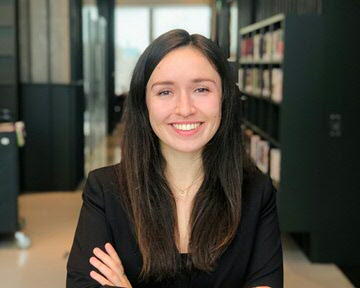
Lara Bister is a PhD candidate at the Population Research Centre at the University of Groningen since 2019. She studied Social Sciences in Cologne, Dublin and Utrecht and holds Master degrees in Population Studies from the University of Groningen (2019) and in Demography from the Universitat Autònoma de Barcelona (2020). Since 2019, she is affiliated with the Max Planck Institute for Demographic Research in Rostock, Germany. Her dissertation research includes long-term health consequences of economic crises in relation to the family environment. In addition, she is interested in child and maternal health issues. Lara is skilled in quantitative data analysis of administrative and survey data in the fields of sociology, social demography and social epidemiology. She won the NiDi-NWD Master thesis award in 2020.
When not doing research, Lara enjoys modern art and photography exhibitions, performance art, hiking and cooking with friends. Her favourite places in Groningen are the Noorderplantsoen and the Forum public library.
Nicolás Velasco Saragoni - Science and Engineering
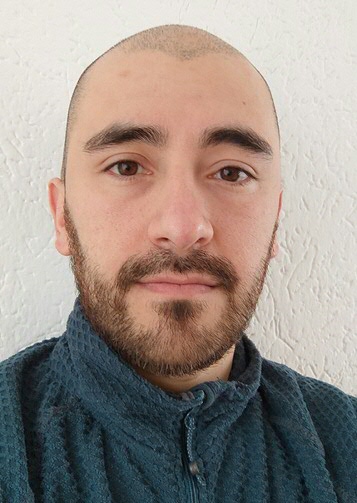
Nicolás is a Chilean agronomist passionate about flora and plant ecology. He has a mixed background working in research projects and on environmental education initiatives, where he teaches about conservation to young and elders. As a hobby he loves to spend countless hours lost in nature doing birdwatching. After completing an MSc in Natural Resources in 2017, Nicolás started a PhD at the University of Chile in Ecology and Evolutionary Biology, which eventually became the opportunity of following a double degree program at the University of Groningen.
For his project, Nicolás is studying the differentiation of an Acacia tree across a wide distribution in South America, for which the distribution range in Chile is thought to be an old introduction event mediated by indigenous tribes. For this, he is assessing differences in morphology, climatic niches, and ecological role of the species across several countries. Fortunately, before the pandemic he gathered a great amount of data on fieldwork that took him around six months, travelling across deserts, jungles, and other landscapes in Chile, Argentina, and Paraguay. For all his data collection he had the excellent company of his wife, for whom all these travels were like a second honeymoon!
Now, in his last PhD year, Nicolás is combining all the pieces to understand which is the ecological role of a species potentially introduced before the modern era, while at the same time learning how to be a parent of a little Chilean girl born in the Netherlands!
Aranka Ballering – Medical Sciences
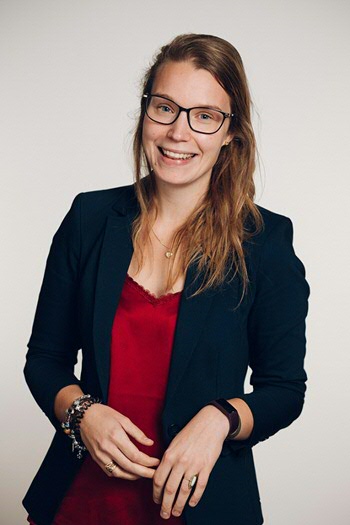
Aranka is a third-year PhD candidate at the Interdisciplinary Centre for Psychopathology and Emotion regulation (UMCG). Her research focusses on sex and gender differences in the care trajectories of somatic symptoms.
In this research she does not only assess the influences of biological differences between women and men (sex) on somatic symptoms, but she also assesses whether and how the societal implications of being a woman or man (gender) associate with these. She examines whether differences between women and men occur in the prevalence and longevity of somatic symptoms, but also whether the GP treats women and men with somatic symptoms differently. Currently she is also looking into whether parents adhere a different meaning to their sons’ and daughters’ symptoms.
Another research interest of Aranka is the stigma surrounding persistent somatic symptoms and how this affects patients’ health.
In her spare time Aranka loves to run and swim. During summertime she often takes her SUP-board and spends her free time on the water. However, during winter when there is some sun and no wind, she’ll go out on the water as well.
Elok D. Malay – Campus Fryslân
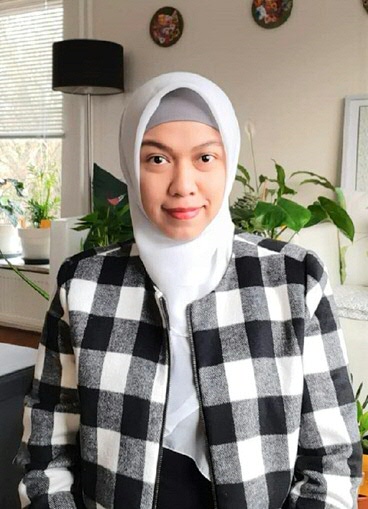
This year is the beginning of Elok’s 3rd year of being a PhD student in the CIE (Center for Internalization of Education) in the youngest faculty of RUG: Campus Fryslân. Coming from a highly populated and busy city in Indonesia, she has been enjoying living in the calm Leeuwarden and indulging herself with her obsession with houseplants, cooking, and hosting dinner together with new friends she has made here.
Nevertheless, staying true to her background as an educational psychologist and a lecturer from University of Indonesia, Elok also enjoys her PhD project under the supervision of Prof. Sabine Otten (from the Faculty of Behavioral and Social Sciences) and Prof. Robert Coelen (from the Faculty of Campus Fryslân). Inspired by her experience in dealing with college students and being an international student herself, her research aims to better understand the adjustment of international students in higher education.
While it still means to define international students’ adjustment accurately and to explain factors influencing it, her whole PhD journey was further shaped by her supervisor’s question at their first meeting: “Will Indonesian students have different adjustments if they study in Malaysia and The Netherlands?”.
After conducting literature reviews and in-depth interviews with international students in The Netherlands, Elok proposed a theoretical model on the relationship between international students’ adjustment, perceived cultural distance, and cultural intelligence. Currently, she is working on testing the model by conducting surveys to three different groups of international students. At the last stage of her research, Elok plan to examine the strategies to increase students’ cultural intelligence, which hopefully could contribute to the improvement of internationalization programs in higher education.
Taichi Ochi – Science and Engineering
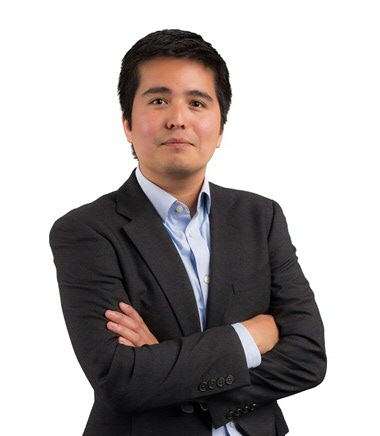
Taichi is a PhD student at the Department of PharmacoTherapy, -Epidemiology & -Economics in the Faculty of Science and Engineering. His research focuses on investigating pharmacogenetic variants in neurotransmitter pathways and conducting economic evaluations of genetic testing. His research is supervised by Prof. dr. Talitha Feenstra and Prof. dr. Eelko Hak.
Prior to his PhD, he completed his BSc and MSc at King's College London and University College London in Pharmacology and Molecular Genetics. Rather than commencing his PhD research after completing the MSc, he entered the legal sector with a focus on commercial and intellectual property law. Moving to the Netherlands post-Brexit, he worked in the biotech sector prior to commencing his PhD.
In conjunction with his PhD, he coordinates Pint of Science in the Netherlands and sits in the University Council as the chairperson of the Doughnut Party. In addition, he sits in the PhD Council of the Graduate School of Science and Engineering, the Groningen Graduate Interest Network (GRIN) and MindMint Editorial Committee. Externally, he sits in committees within ISPE and PGRN. Outside of research, he spends time bouldering, hiking and attempting new cooking recipes.
Wendy Oost – Medical Sciences
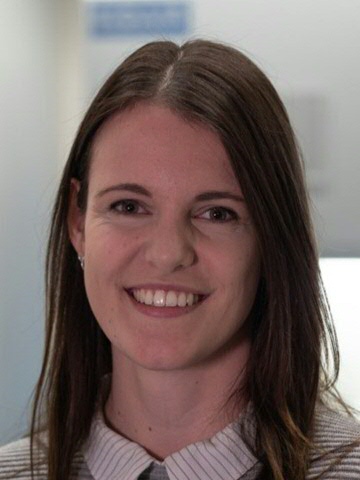
Wendy is a PhD student at the MS Center Noord Nederland (MSCNN) at the department Biomedical Sciences of Cells & Systems (BSCS), section Molecular Neurobiology at the University of Groningen / University Medical Center Groningen (UMCG).
She grew up in Sneek (Friesland) and did her Bachelor Biology and Medical Laboratory Research in Leeuwarden and her Master Biomedical Sciences in Groningen. During her studies Wendy was mostly
interested in molecular neurobiology, and she is therefore also really enthusiastic about the project that she is working on now, in she is focusing on the underlying molecular mechanisms of the disease Multiple Sclerosis (MS). More specifically, in her project Wendy is looking at extremely high resolution images of the human MS brain using large scale electron microscopy. Furthermore, she believes that research communication really matters and she hopes to further improve her skills to explain her research in a clear and understandable way.
After work, Wendy enjoys having a drink with her friends and colleagues or go horse riding. She also likes to draw and crochet, or watch / read nice (fantasy) series and movies.
Effrosyni (Effy) Ntemou - Arts: Center for Language and Cognition Groningen
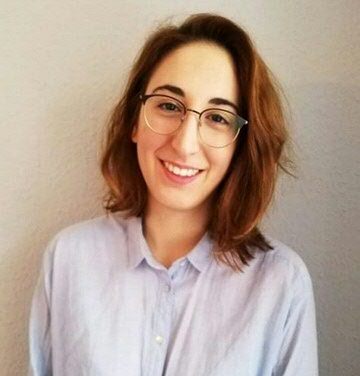
Effy is a Cognitive Neuroscience PhD candidate within the International Doctorate of Experimental Approaches to Language and Brain (IDEALAB) at the University of Groningen. After completing her Bachelor studies in Linguistics at the University of Athens (Greece), she was admitted to the European Master’s of Clinical Linguistics (EMCL+) where she received her MSc in Clinical Linguistics. Her research interests focus on language processing of people with brain tumors and the use of neurostimulation methods to locate language in the brain. On days that she is not trying to figure out how our brains process language, Effy enjoys bike rides, movies, travelling, and learning more about winemaking. She joined the 3 minute thesis competition to communicate her research to a broader audience and get more people excited about language and brains! In just three minutes, she will explain how she is using linguistic theory and neuroscience to optimize brain surgery!
